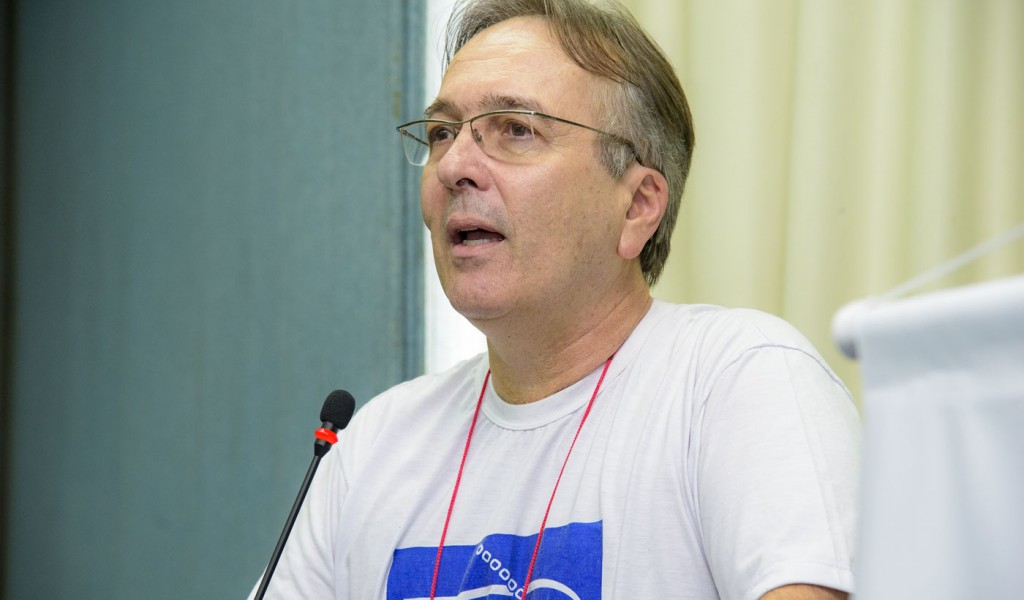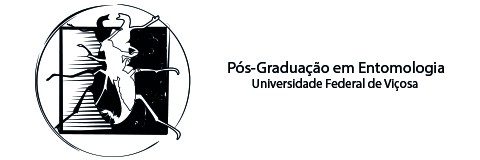Professor Og ministra seminário nesta quinta-feira

Nesta quinta-feira, dia 29, às 16h30min, no auditório do Bioagro, o professor Og DeSouza ministrará o seminário “Interspecific cohabitation in termite nests: a quest for the hows and why’s”, cujo tema ele apresentou em abril deste ano, na Universität Konstanz (Alemanha), atendendo ao convite do Departament of Collective Behaviour do Max Planck Institute for Ornitology.
Leia o resumo da apresentação:
Symbiosis, the living-together of unlike organisms, underlies every major transition in evolution and pervades most ecological dynamics. Understanding the various nuances of symbiotic associations may, thus, shed light on the ultimate and proximate drivers of life on earth. While examples of symbioses abound in all forms of life, it is in termite nests that we arguably find the richest variety of poorest understood examples of such coexistence. It ranges from their idiosyncratic diplo-diploid sociality (a form of intraspecific symbiosis) to their nest-sharing with facultative as well as obligatory termite and other arthropod species. In this talk I report on ongoing studies pursuing the question of ‘what is the purpose of heterospecific cohabitation in termite nests?’. To do so, we inspect the interplay between proximate and ultimate drivers of such a behaviour through literature search combined with lab assays and field observations. So far we have found that mechanisms behind termitaria cohabitation consist majorly of very well-tuned non-agonistic strategies that take advantage of particular stages of termite nest and colony ontogeny. The physical structure of the nest itself (as opposed to the biotic traits of the termite colony) is being revealed to play more significant adaptive value for invaders than previously thought. It seems therefore that heterospecific termite cohabitation is a type of symbiosis which is driven by dynamics occurring at the inter-individual level along with factors operating at broader, abiotic, levels.
 Programa de Pós-Graduação em Entomologia
Programa de Pós-Graduação em Entomologia